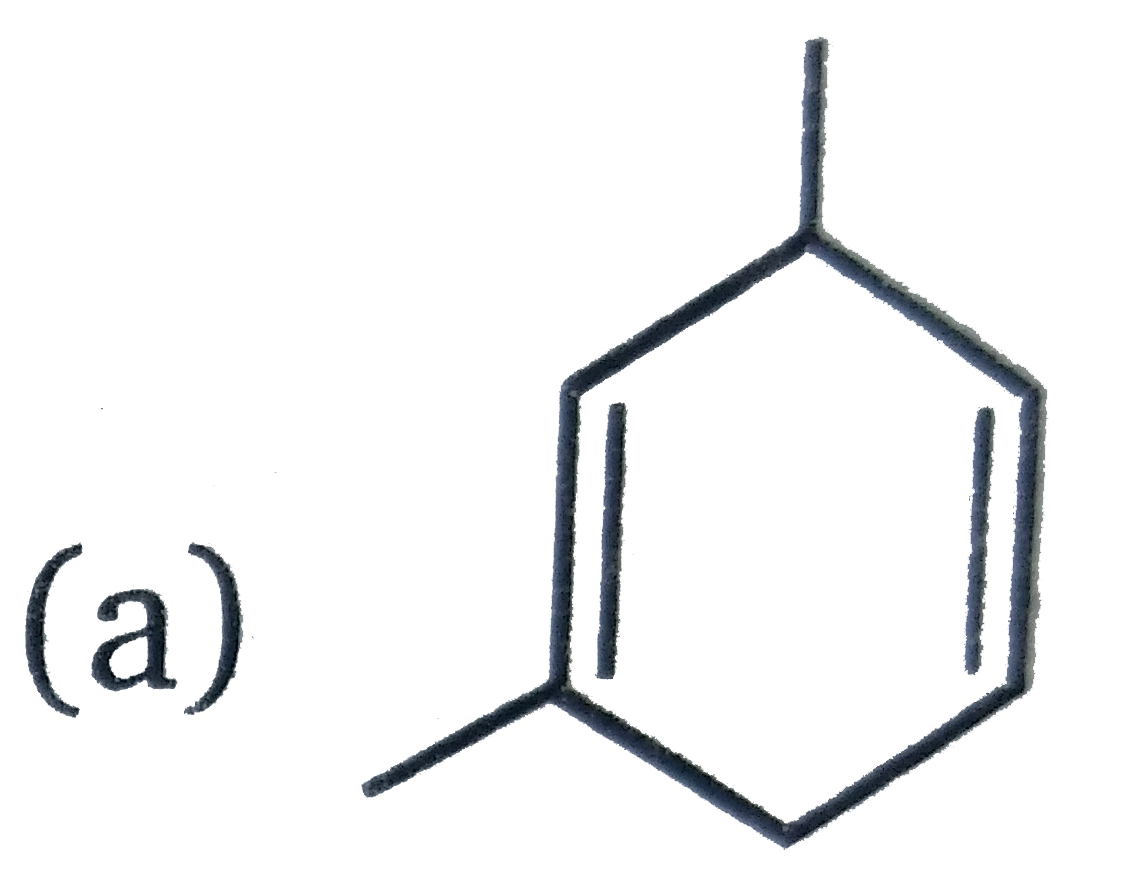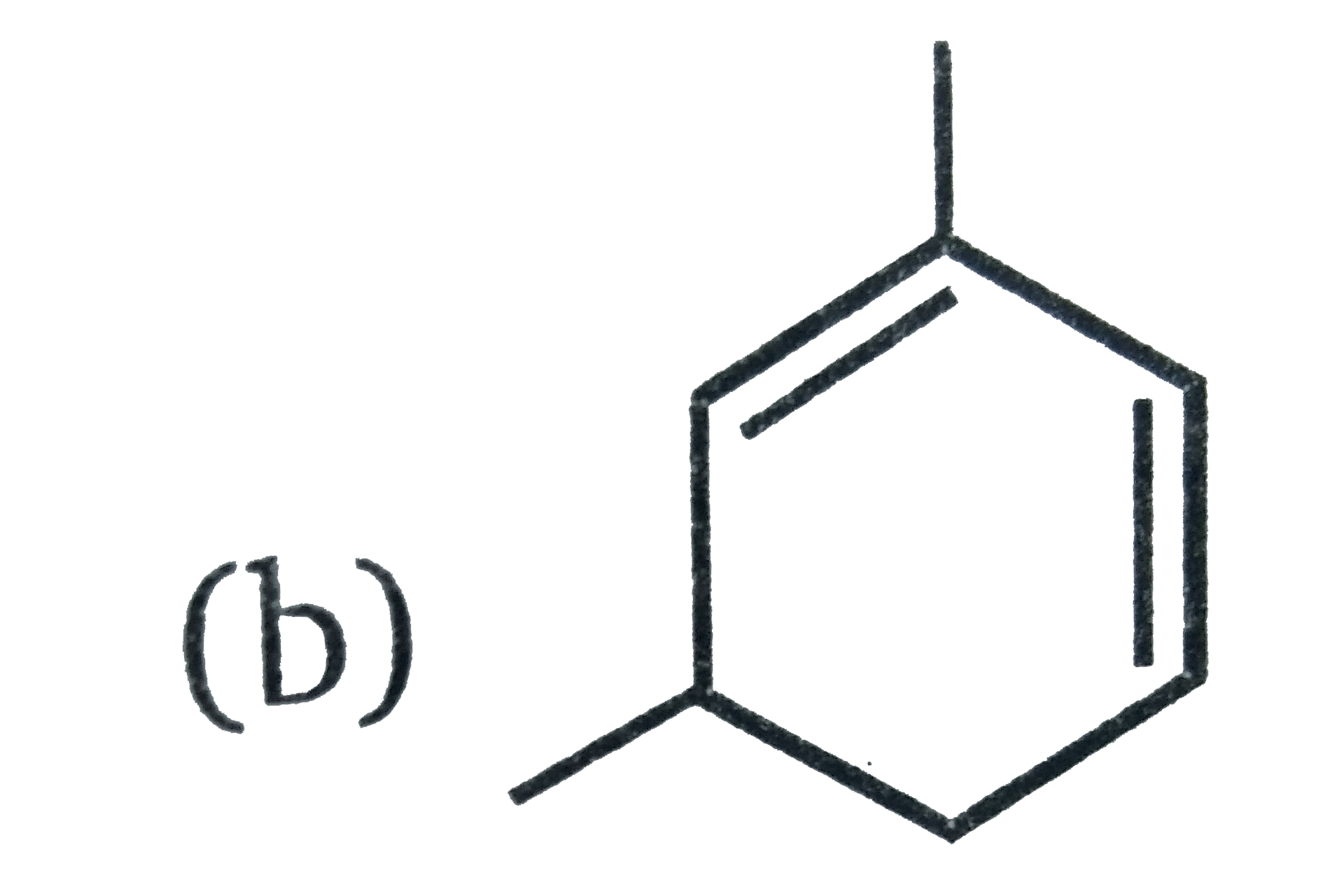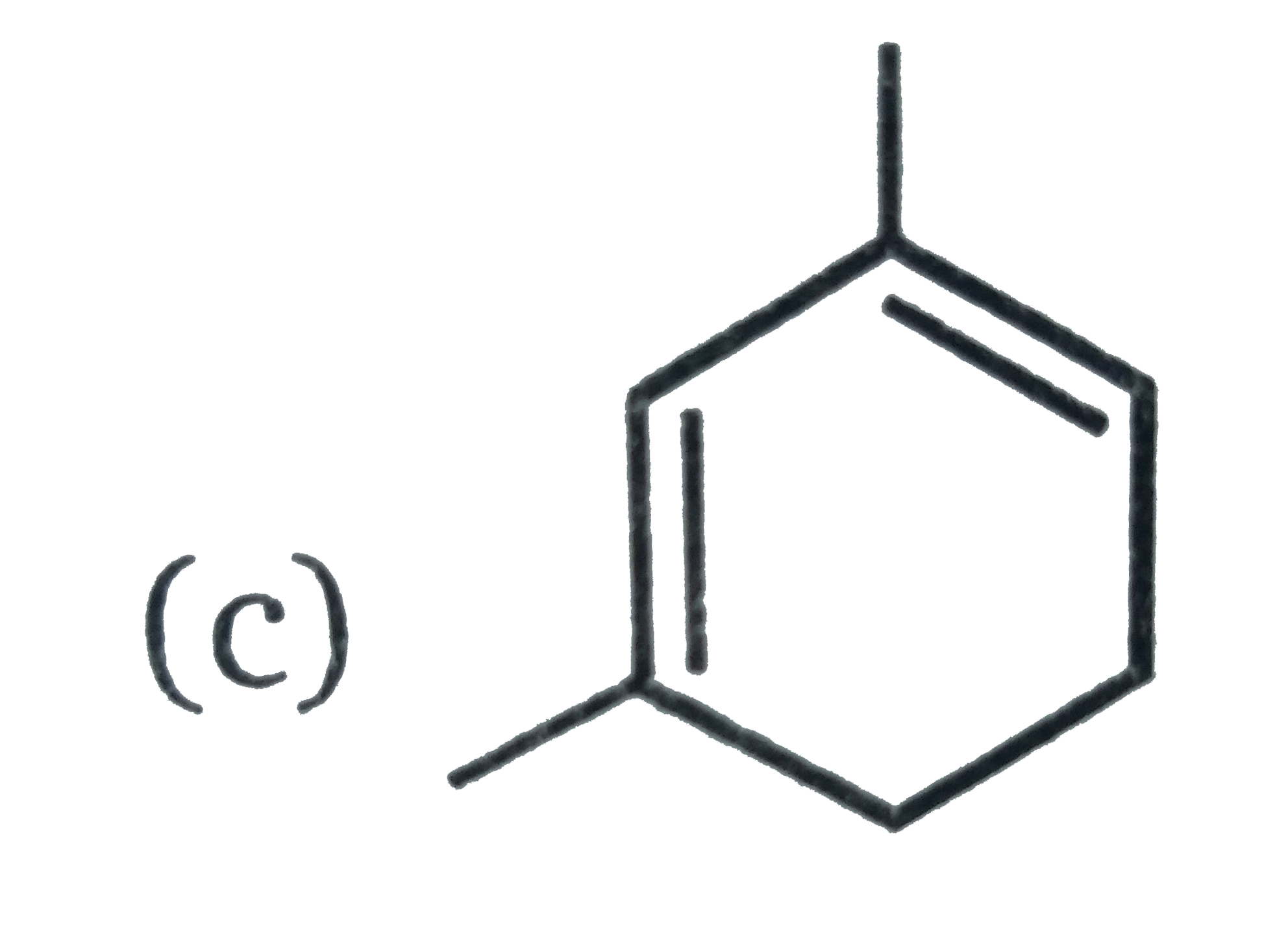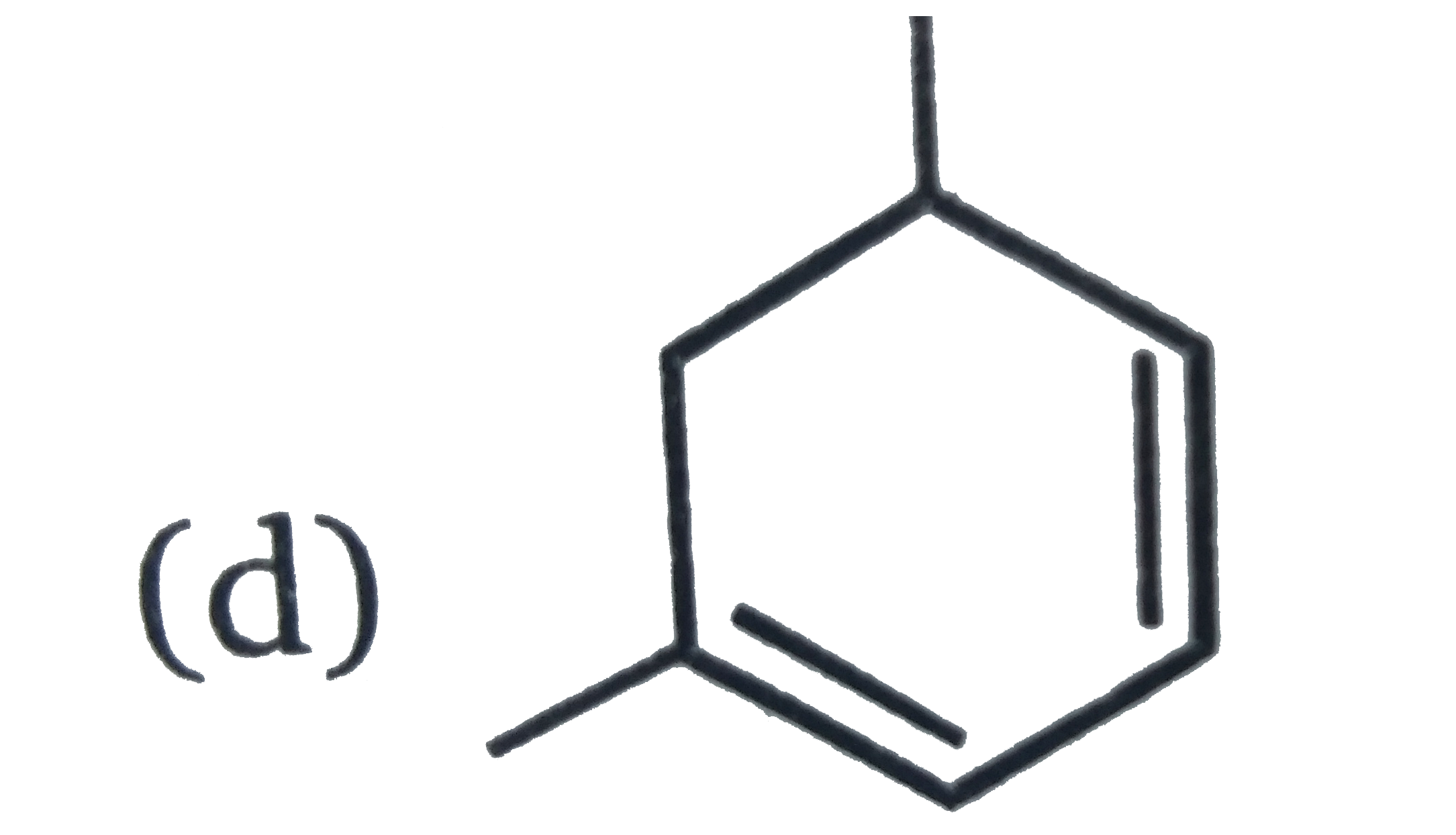Consider the following elements :
Answer the following giving reasons :
Which of the above elements you would expect to be
very stable
To determine which of the given elements are very stable, we need to analyze their atomic numbers and their positions in the periodic table. The elements provided are:
- A: Atomic number 20
- B: Atomic number 8
- C: Atomic number 18
- D: Atomic number 16
- E: Atomic number 4
- F: Atomic number 2
Step 1: Identify the elements and their groups
1. A (20): Calcium (Ca) - an alkaline earth metal.
2. B (8): Oxygen (O) - a non-metal, part of group 16.
3. C (18): Argon (Ar) - a noble gas.
4. D (16): Sulfur (S) - a non-metal, part of group 16.
5. E (4): Beryllium (Be) - an alkaline earth metal.
6. F (2): Helium (He) - a noble gas.
Step 2: Analyze stability based on electron configuration
- Noble gases (like Argon and Helium) have a complete outer shell of electrons, making them very stable and unreactive.
- Alkaline earth metals (like Calcium and Beryllium) are relatively stable but can react with water and acids.
- Non-metals (like Oxygen and Sulfur) can be reactive, especially with metals.
Step 3: Determine which elements are very stable
- Argon (C) and Helium (F) are the most stable because they are noble gases with complete outer electron shells.
- Calcium (A) and Beryllium (E) are stable but can react under certain conditions.
- Oxygen (B) and Sulfur (D) are less stable as they tend to form compounds with other elements.
Conclusion
The elements that are expected to be very stable are C (Argon) and F (Helium) due to their noble gas configuration.
---
- B: Atomic number 8
- C: Atomic number 18
- D: Atomic number 16
- E: Atomic number 4
- F: Atomic number 2
1. A (20): Calcium (Ca) - an alkaline earth metal.
2. B (8): Oxygen (O) - a non-metal, part of group 16.
3. C (18): Argon (Ar) - a noble gas.
4. D (16): Sulfur (S) - a non-metal, part of group 16.
5. E (4): Beryllium (Be) - an alkaline earth metal.
6. F (2): Helium (He) - a noble gas.
- Noble gases (like Argon and Helium) have a complete outer shell of electrons, making them very stable and unreactive.
- Alkaline earth metals (like Calcium and Beryllium) are relatively stable but can react with water and acids.
- Non-metals (like Oxygen and Sulfur) can be reactive, especially with metals.
- Argon (C) and Helium (F) are the most stable because they are noble gases with complete outer electron shells.
- Calcium (A) and Beryllium (E) are stable but can react under certain conditions.
- Oxygen (B) and Sulfur (D) are less stable as they tend to form compounds with other elements.
The elements that are expected to be very stable are C (Argon) and F (Helium) due to their noble gas configuration.
Topper's Solved these Questions
- FOOTSTEPS TOWARDS CBSE BOARDBOOK - MTG IIT JEE FOUNDATIONCHAPTER - FOOTSTEPS TOWARDS CBSE BOARDEXERCISE - SECTION - B
34 Videos
- FOOTSTEPS TOWARDS (JEE MAIN) BOOK - MTG IIT JEE FOUNDATIONCHAPTER - FOOTSTEPS TOWARDS (JEE MAIN) EXERCISE - Integer/Numerical Value Type
5 Videos
- METALS AND NON METALS BOOK - MTG IIT JEE FOUNDATIONCHAPTER - METALS AND NON METALS EXERCISE - Olympiad/HOTS Corner
20 Videos
Similar Questions
Consider the following elements :
20A,8B,18C,16D,4E,2F
Answer the following giving reasons :
Which of the above elements you would expect to be
(i) very stable.
(ii) in Group 2 of the Periodic Table.
(iii) in Group 16 of the Periodic Table.
(iv) What type of bond will be formed when the element A reacts with B? Explain.
View SolutionConsider the following elements :
20A,8B,18C,16D,4E,2F
Answer the following giving reasons :
Which of the above elements you would expect to be
in group 2 of the periodic table.
View Solution
Knowledge Check
Which one of the following dienes would you expect to be the most stable ?
A B
B C
C D
D
Consider the following elements-
1. Copper
2. Gold
3. Platinum
4. Silver
Which of the above elements exists free in nature?A1 and 2B2 and 3C1, 2 and 4D3 and 4Which of the following compound of group-14 elements would you expect to be most ionic in character ?
ACCl4BSiCl4CPbCl2DPbCl4
Consider the following elements :
20A,8B,18C,16D,4E,2F
Answer the following giving reasons :
Which of the above elements you would expect to be
in group 16 of the periodic table?
View SolutionConsider the following elements :
20A,8B,18C,16D,4E,2F
Answer the following giving reasons :
Which of the given elements is (are) called noble gas?
View SolutionConsider the following elements :
20A,8B,18C,16D,4E,2F
Answer the following giving reasons :
What type of bond will be formed when the element A reacts with B? Explain.
View SolutionConsider the following elements,
20Ca,8O,18Ar,16S,4Be,2He
Which of the above elements would you expect to be:
(i) very stable? (ii) in group 2 of the periodic table?
(iii) in group 16 of the periodic table?
View SolutionFrom the following elements:
4Be,9F,19K,20Ca
(i) Select the element having one electron in the outermost shell.
(ii) Two elements of the same group. Write the formula and mention the nature the compound formed by the union of 19K and element X (2,8, 7).
View Solution
